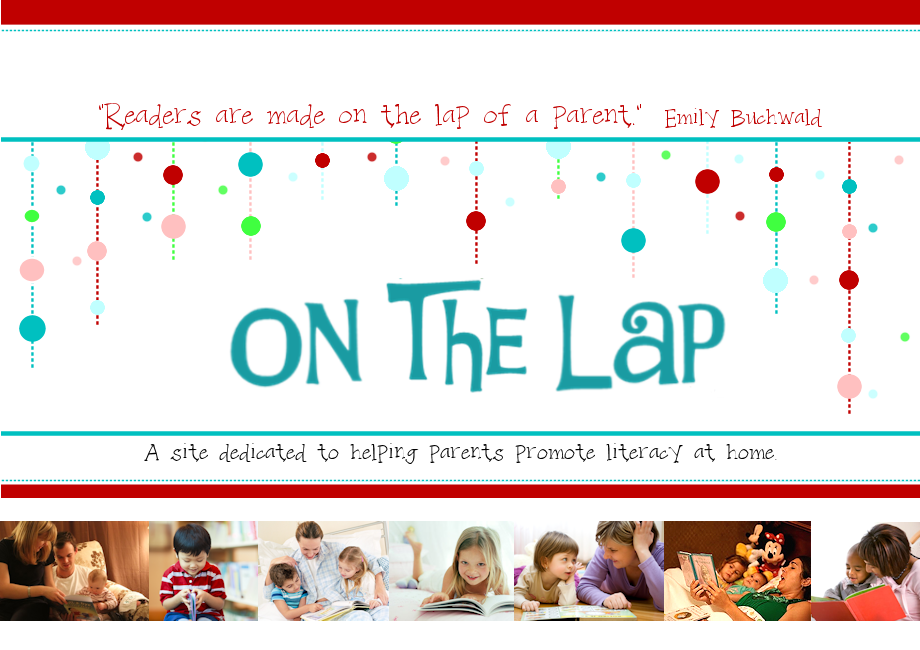What is Language? The definition is "a system of communication used by human beings that is produced either orally or by signs."
So language is made when we talk to each other or use sign language correct? Is language also reading? Do you believe it's true that, "if a child is in an environment where language is used, then the child will learn to use language."? These are questions that we don't often think about or maybe ever think about. This isn't something that just comes up in everyday conversation or pops into your head while driving down the road. It's important to understand a little about language in order to understand who your child may learn to read. So, I'm going to share with you some characteristics of language that you may want to ponder over.
So, Language is...
- Rule Governed - all languages have rules that determine how words are ordered in sentences. Think about this, in English we might say, "I want a red balloon." But how does that translate into Spanish? "Quiero un globo rojo." The word "rojo" or red, comes after the word "globo" balloon. So the rules of language may be different but there are rules just the same.
- Arbitrary - it is a social agreement that the word "table" is for a instrument that usually has chairs around it and we set our food their to eat. Nothing about the word itself tells us what the object is but if I say the word "buzz" you know it's the sound a bee makes. So, words are given meaning by the society that uses them.
- Dynamic - it changes constantly. If you'll read the book "The Grave Yard Book" you will find that there are many words that are used that we no longer have in our vocabulary like "bedtime" for the world "early". And we have words in our language today that would not be understood if we took them back 100 years, like "computer", "cell phone", "digital". So, our language is ever changing.
How does all this apply to teaching your child to read?
You see, learning to use language is not something that is mastered with formal instruction. If your child is exposed to an environment that is rich in language, unless there are sever problems, your child will learn to use language. This skill down the road helps them to solve problems when reading, helps the figure out what words are next in a sentence or words they didn't know within a sentence.
Much of a child's language is learned before the even step foot in a classroom. What does that mean for your child. You should do what ever possible on a daily basis to expose your child to language. Doing so will give them tools for reading.
How can expose your child to more language?
Introduce new words.
Read to your child.
Talk to your child.
This link to "Developing Language with Your Child" has many great ideas on what you can do at home. Here is a sample of their "Tips for Parents"
Tips For Parents
Here are some easy guidelines you can use to encourage your child's language development:- Use simple sentences and pause between sentences.
- Speak slowly and clearly.
- Build on your child's topic or interest.
- Talk naturally to your child about what he is doing and what he sees.
- Take the time to listen to your child. Respond with praise so she knows you have been listening.
- Encourage, but don't push, your child to talk. Everyone develops at their own pace.


1 comment:
Because of my concern for my daughter's slight language delay, I overcompensated by describing things in great detail. Instead of labeling thngs with only one word, as in saying "car" as I pointed to the object, I would say, "small, fast, red car. Zoomy, Zoom, Zoom!" I would do this with EVERYTHING. Now, I have a little girl who is very descriptive, talkative and will discuss every move she makes with words. As in, "Mommy, I want my milk in my carseat. I want to take the top off and take a drink. Yummy, Yum, Yum! Cold, white milk!" It makes me proud that she's such a little "talker" now, but she talks all the time! She also loves to read and write. She imitates my reading and writing styles. I read whatever book she brings to me and never skip over words, even if they're too advanced. Sometimes she'll ask questions about the words or I'll encourage her to use deductive reasoning from the pictures and other words to figure out the story.
Post a Comment